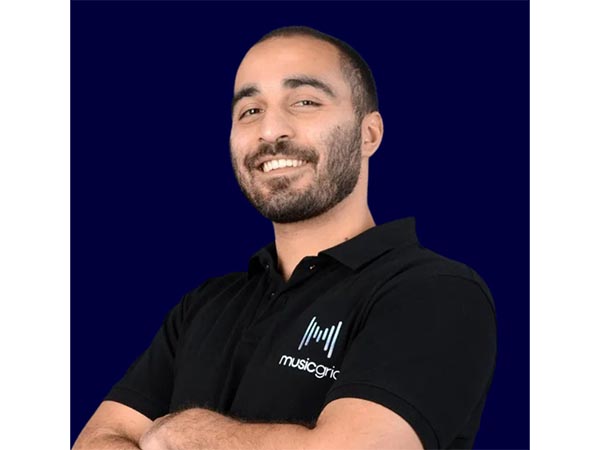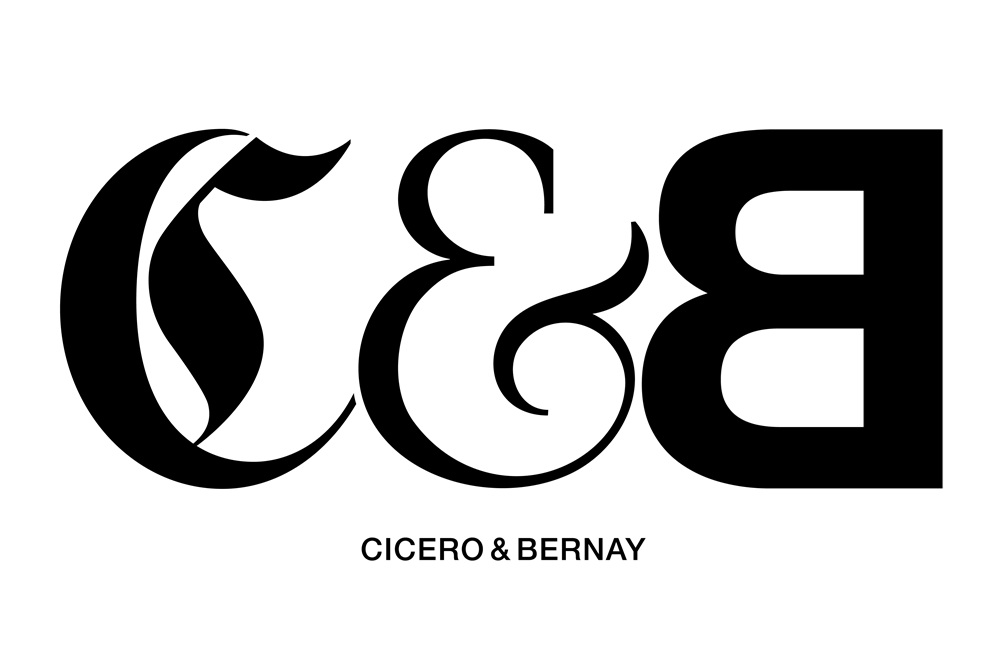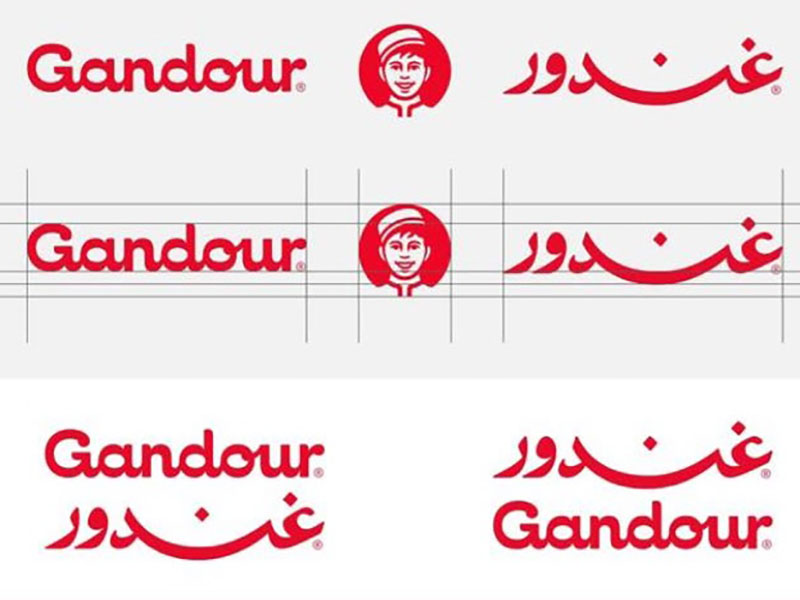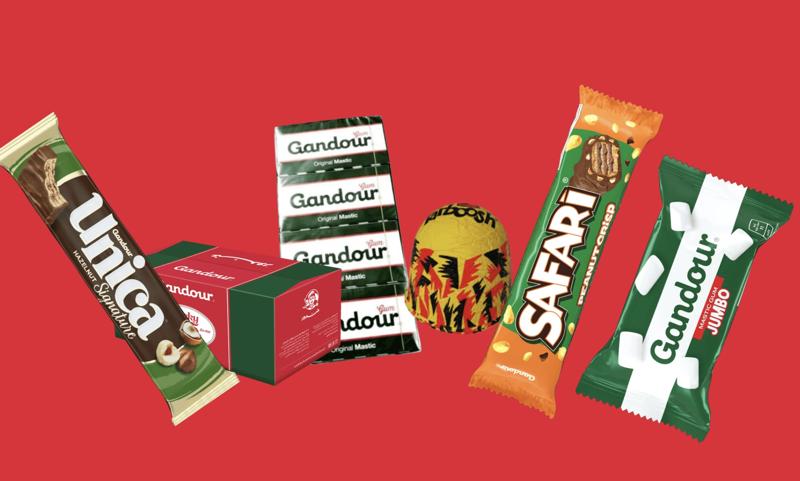News - Branding
MusicGrid's sonic journey
by Iain Akerman
February 7, 2025
.jpg) Advertisement
AdvertisementWhen Sami El-Quqa was a child, he dreamt of becoming a composer. This passion for music would stay with him throughout his teenage years, eventually leading him to study composition and production at the Berklee College of Music in Boston.
It was while completing his degree that El-Quqa discovered a passion for music licensing, which would eventually lead to the creation of MusicGrid in 2018. Having recognised a gap in the market for accessible, relevant Arabic music, El-Quqa’s licensing platform amassed 40,000 tracks from thousands of musicians within the first few months.
However, when the platform launched, a secondary bespoke, customised music service was included for those who wanted tailor-made solutions for a project or brand. “Within a couple months, we realised that was where all the traffic was going,” says El-Quqa.
“It was mainly startups and smaller businesses at the time, and the first gigs were essentially music for their motion graphic logos.” It was the demand for sonic branding projects, however, that encouraged El-Quqa to transition MusicGrid into what it is today – a sonic branding agency.
“Our strength, especially in the Saudi market, is that we’re very local. We work with local musicians, we work with regional musicians, and we really understand that local sound.”
MusicGrid has since worked with over 300 companies, creating sonic identities (what it calls sonic DNA tracks) and working with brands such as Shake Shack and Nickelodeon on creative music campaigns. It also provides sonic guidelines for its comprehensive strategies, creating lasting brand assets that go far beyond simple jingles and two or three-note logos.
“Sonic branding is the process of creating music that enhances brand recognition and allows a brand to stand out from the crowd,” says El-Quqa, a Kuwaiti citizen. “It involves more than just creating a sonic logo. We compose a soundtrack for the brand – a full music composition. We also compose adapted versions of those musical compositions that can be used across multiple touch points… That’s the beauty of sound compared to visuals. It allows for cross channel integration.”
Any sonic branding project begins with an in-depth brand sound analysis, explains El-Quqa. This involves the examination of visual guidelines, target personas, emotional connections, and industry trends. Then, through research and discovery workshops, MusicGrid collaborates with a client to define a unique sonic identity that resonates with their brand.
"Studies have shown that sound is just as impactful as visuals when it comes to brand recognition. And on an emotional level, it’s the most important thing when it comes to creating a brand’s personality. If Netflix didn’t have their famous ‘ta-dum’ sound, it wouldn’t resonate the same way whenever you turn on Netflix. When you think of MBC, a lot of people think of the Ramadan jingle. So I think music is the best way to connect on an emotional level with a consumer. And brands that disregard music and sound are really missing out.”
Although based in Kuwait, Saudi Arabia is MusicGrid’s biggest market. It has worked with the likes of Monshaat (the Small and Medium Enterprises General Authority) and the Zakat, Tax and Customs Authority. Now it has landed Bank Albilad, one of the largest banks in Saudi Arabia, giving the company the “confidence and the motivation” to open an office in the kingdom. By the end of the first quarter of 2025, MusicGrid plans to have two or three staff on the ground in Saudi Arabia, mainly in business development. It will also continue to build its relationships with agencies while simultaneously expanding into the UAE.
“I think music is the best way to connect on an emotional level with a consumer. And brands that disregard music and sound are really missing out.”
“We’re moving really, really fast,” admits El-Quqa. “We landed a few bigger clients, such as Bank Albilad, so we’re preparing for a big 2025… We’ve [also] been making a pivot this past year to really focus on bigger brands, bigger companies, because we feel that they speak the same language we do. They understand it and they actually end up using the sonic more. The larger the company, the more involved, and the more they regard the musical files as brand assets. It’s not just something linked to a specific campaign.”
With a new office in Saudi Arabia, a Dubai office on the way, and a team that’s spread across Kuwait, Lebanon, and Jordan, MusicGrid is on a roll. “We want to continue to build long-term relationships with clients, helping brands to implement the sonic within their strategy,” explains El-Quqa. “Once we create the sonic, we want to make sure they’re actually using their music within their strategies. Our strength, especially in the Saudi market, is that we’re very local. We work with local musicians, we work with regional musicians, and we really understand that local sound, which is very important in Saudi Arabia. They’re really trying to blend old with new, traditional with modern. And I think a lot of other companies aren’t able to really fulfill the traditional aspect as much as they should.”



.jpg)







